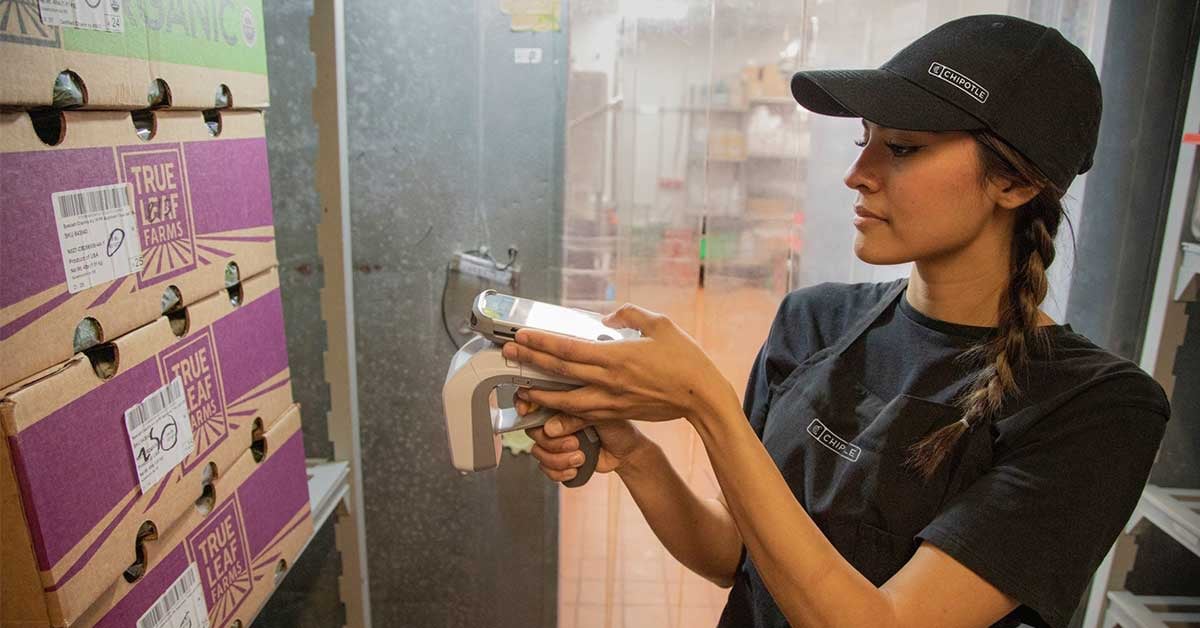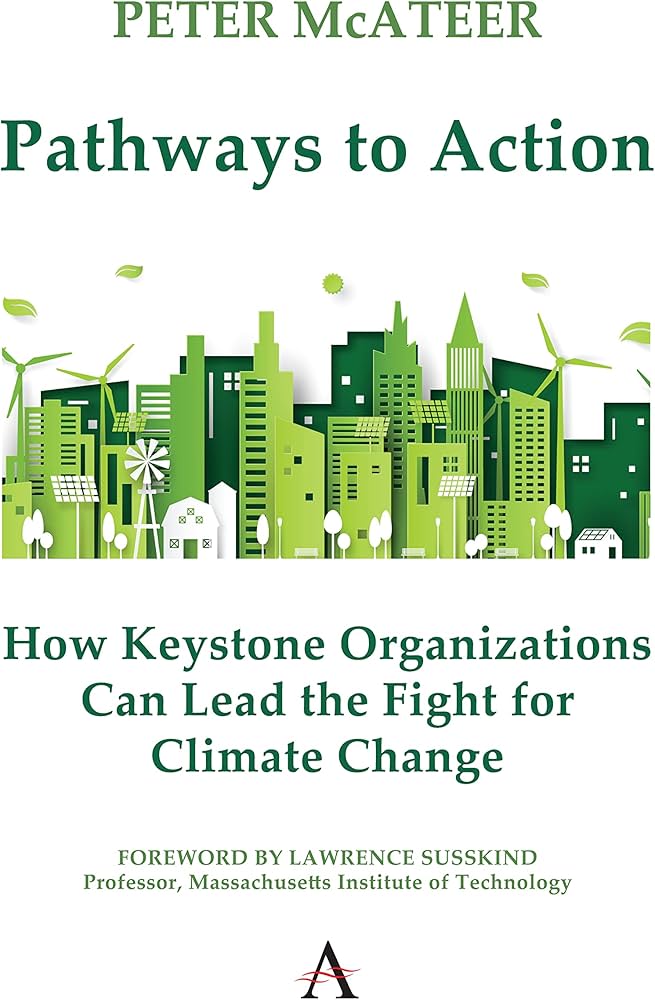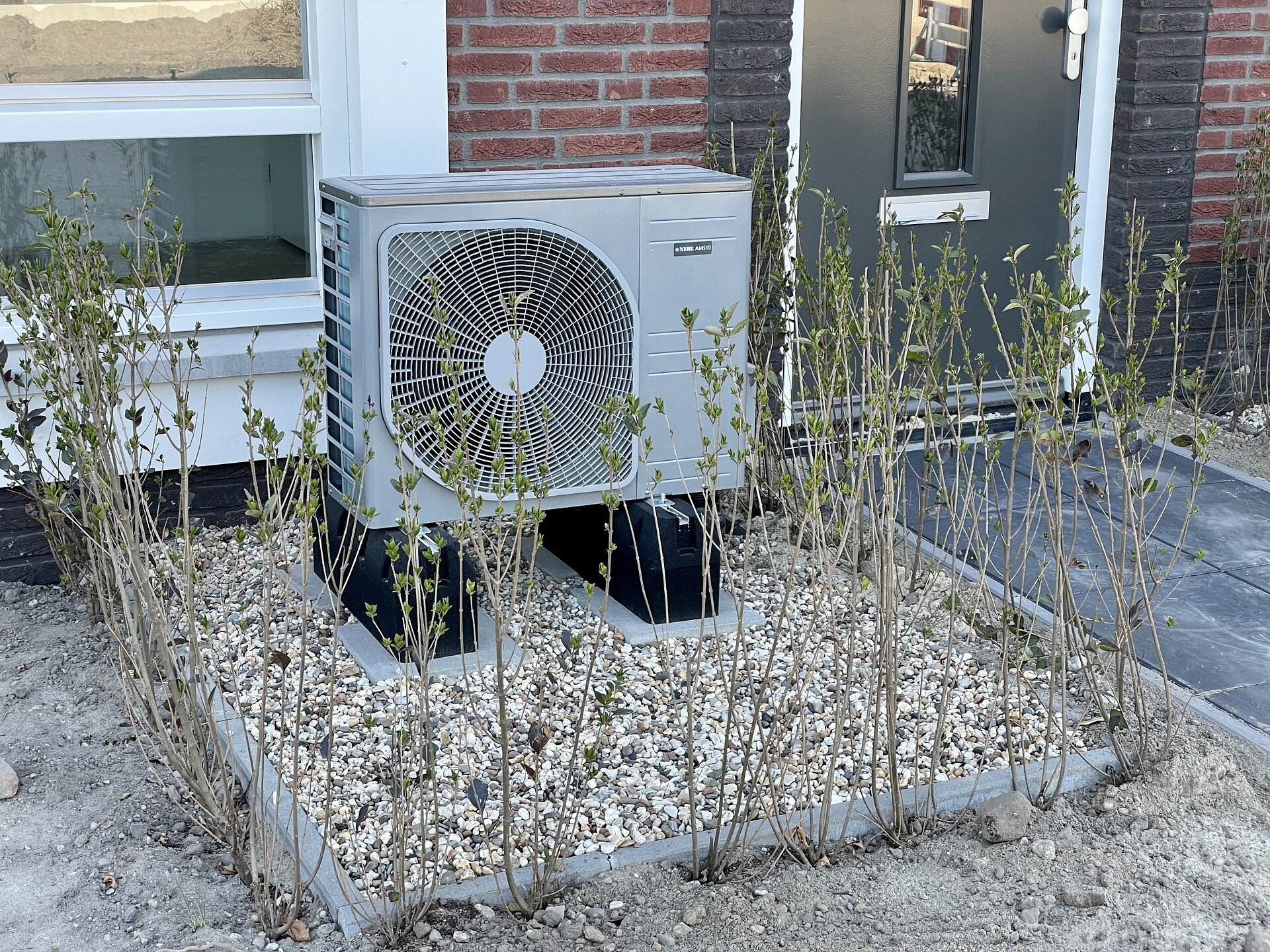A New Era of Innovation: Mews, Chipotle, and Massachusetts’ Climate Commitment
In today’s rapidly evolving landscape, technology is playing a pivotal role across various sectors, paving the way for sustainable practices and efficient operations. Notable advancements emerge from three distinct players—Chipotle Mexican Grill, Mews, and the state of Massachusetts—each demonstrating how technology intertwines with climate commitment and operational efficiency.
 Chipotle employs cutting-edge technology to enhance its operations.
Chipotle employs cutting-edge technology to enhance its operations.
Chipotle’s Leap into RFID Technology
Chipotle Mexican Grill is revolutionizing its supply chain management by integrating radio frequency identification (RFID) technology. This innovative approach helps track inventory seamlessly across its extensive network of over 3,300 locations. Historically used in retail, RFID is making its debut at scale in the restaurant industry, positioning Chipotle as a frontrunner in adopting advanced supply-chain techniques.
The implementation journey began with a successful pilot in Chicago, which has led to a nationwide rollout. By equipping suppliers with necessary tools and technologies, Chipotle aims to enhance visibility—particularly critical in managing limited-time offers such as their Chicken al Pastor. RFID allows for swift and accurate monitoring of inventory, transforming a traditionally tedious manual process into a streamlined operation.
“RFID helps monitor inventory levels and ensures traceability throughout the supply chain,” emphasized a Chipotle representative. This level of precise tracking is essential, particularly as the company expands to implement the technology across all its outlets by the year’s end.
As part of its comprehensive strategy, Chipotle is also investing in sustainability through minority investments in Greenfield Robotics and Nitricity. These ventures aim to reduce greenhouse gas emissions and foster sustainable farming practices, reflecting Chipotle’s commitment to social responsibility.
Mews Expands Footprint with Strategic Acquisition
Similarly, Mews—a trailblazer in hotel technology—has announced a significant acquisition of HS3 Hotelsoftware, a company renowned for enhancing operational efficiencies in the hospitality sector. This strategic move follows Mews’ recent funding round, raising $110 million, aiming to solidify its presence in the DACH region by tripling the number of rooms managed.
Operating with over 700 hospitality establishments in a competitive market, Mews embodies the integration of technology within hotel management systems. From intuitive property management systems to comprehensive solutions across various operational aspects, Mews is ensuring that hotel operations are primed for a digital future. As Richard Valtr, the founder, states, “We are committed to empowering hospitality organizations through digital transformation.”
The hotel technology landscape is evolving rapidly.
Massachusetts’ Commitment to Climate Workforce
Meanwhile, the state of Massachusetts is making headlines with its ambitious climate initiatives. At a recent climate summit at the Vatican, Governor Maura Healey unveiled plans for the Massachusetts Climate Careers Fund, aimed at addressing the workforce needs for a transition to a clean energy economy. The fund—capitalized through public, private, and philanthropic avenues—targets an initial $10 million to offer loans for training in skilled climate jobs.
Healey emphasized the magnitude of the workforce transformation needed, citing an estimated 30,000 new jobs in areas including HVAC, energy auditing, and electric vehicle maintenance. She described the initiative as a “once-in-a-generation call” to build an inclusive and expansive workforce geared towards environmental sustainability.
“We need to be nimbler and more innovative than ever before to adapt to urgent new realities,” Healey remarked during her address, underlining the necessity for a collaborative approach across governmental functions.
 A vision for a sustainable future drives Massachusetts’ climate initiatives.
A vision for a sustainable future drives Massachusetts’ climate initiatives.
As the state gears up for extensive climate action, it not only addresses the immediate workforce gaps but also sets a precedent for other states aiming to balance environmental goals with economic growth. The integration of climate science into policymaking is vital—markedly evident through Healey’s call for evidence-based governance.
The Interplay of Technology, Sustainability, and Workforce
The convergence of these three narratives—Chipotle’s RFID advancement, Mews’ strategic acquisition, and Massachusetts’ climate initiative—sheds light on a broader trend where technology plays an indispensable role in fostering sustainability and operational excellence. Each organization exemplifies how innovative solutions can propel industries forward, whether through improving supply chain logistics or cultivating skilled workforces for a cleaner future.
In an era where climate change looms large, these efforts highlight the essential synergy between technological advancement and environmental stewardship. As we witness these pioneering initiatives, it is clear that the future demands a thoughtful integration of technology, sustainability, and skilled labor development. The examples set by Chipotle, Mews, and Massachusetts could very well lay the groundwork for a more sustainable and technologically driven economy in the years to come.
Conclusion
As industries evolve and adapt, the interdependence of technology, operational efficiency, and climate responsibility becomes more evident. The road ahead is paved with challenges, yet the commitment evident from these leading organizations signals a transformative shift—a move towards a future where sustainability and innovation coalesce to address the pressing issues facing society today.
 Driving change through technology and sustainability.
Driving change through technology and sustainability.
Keywords
- Climate Technology
- Supply Chain Innovation
- Sustainable Business Practices
- Hospitality Technology
- Workforce Development
Tags
- Technology
- Sustainability
- Climate Change
- Innovation
- Business Strategy












